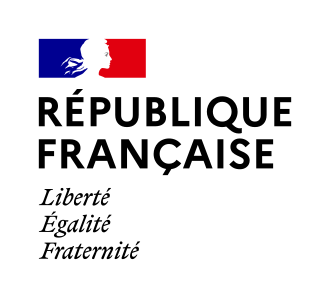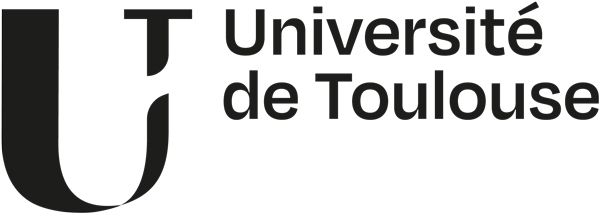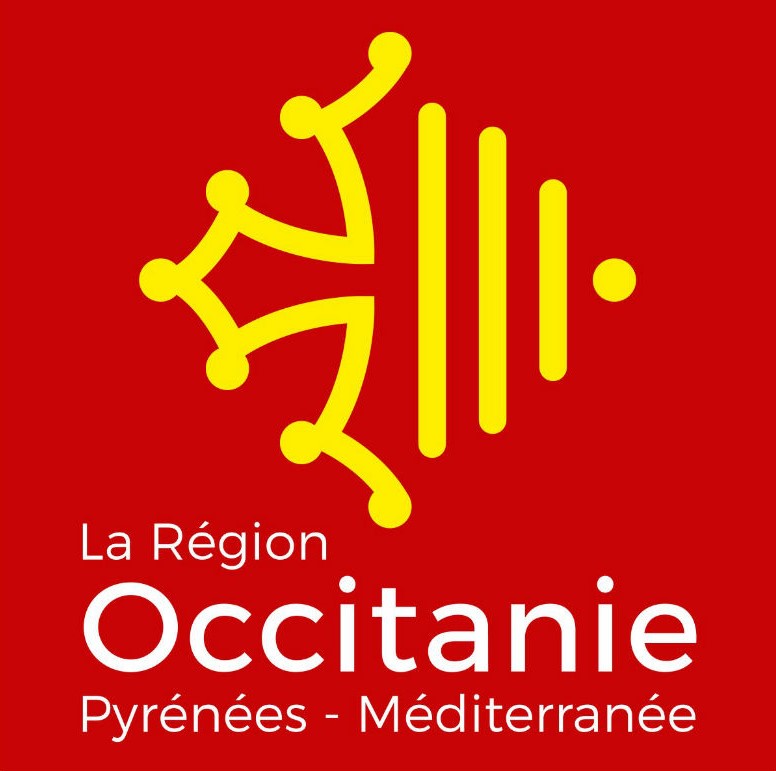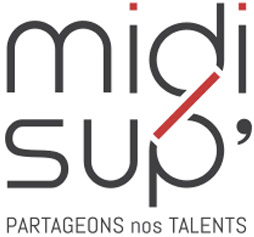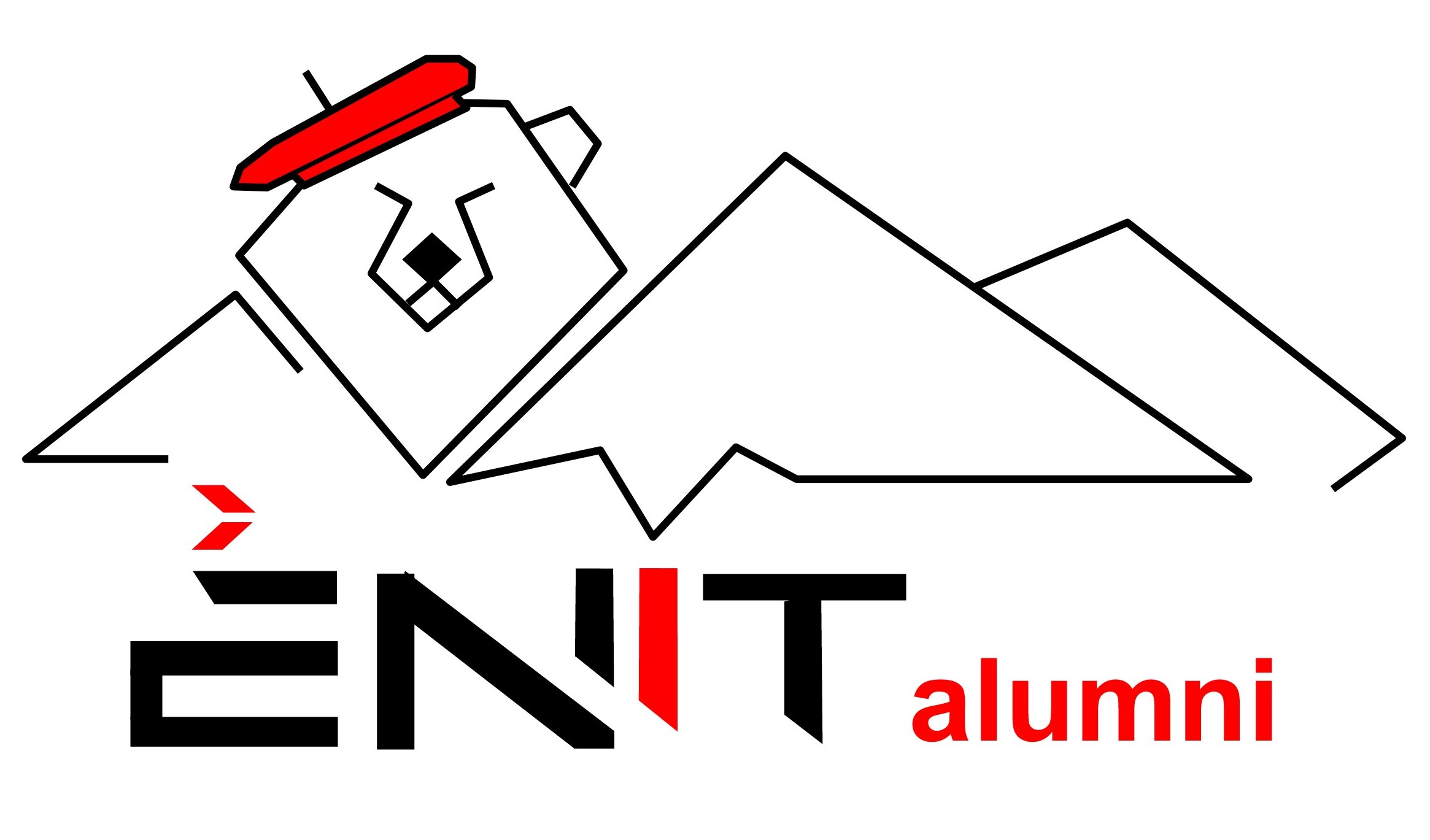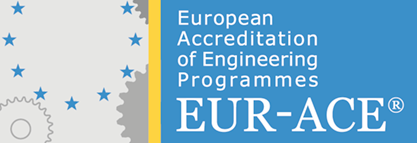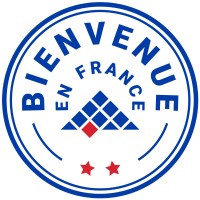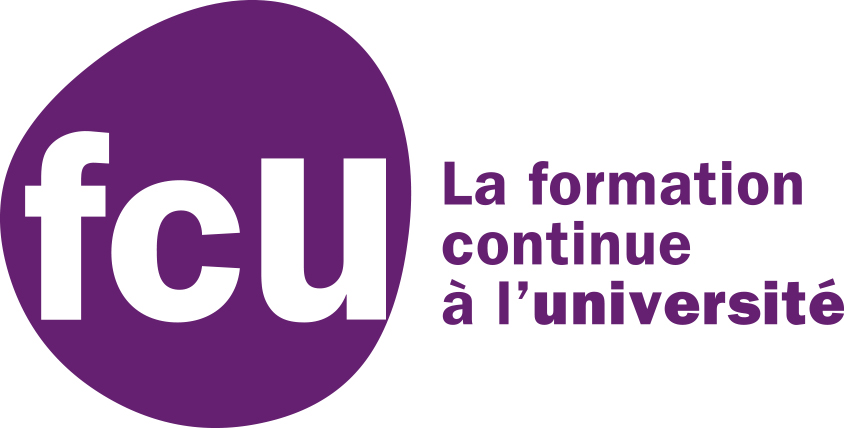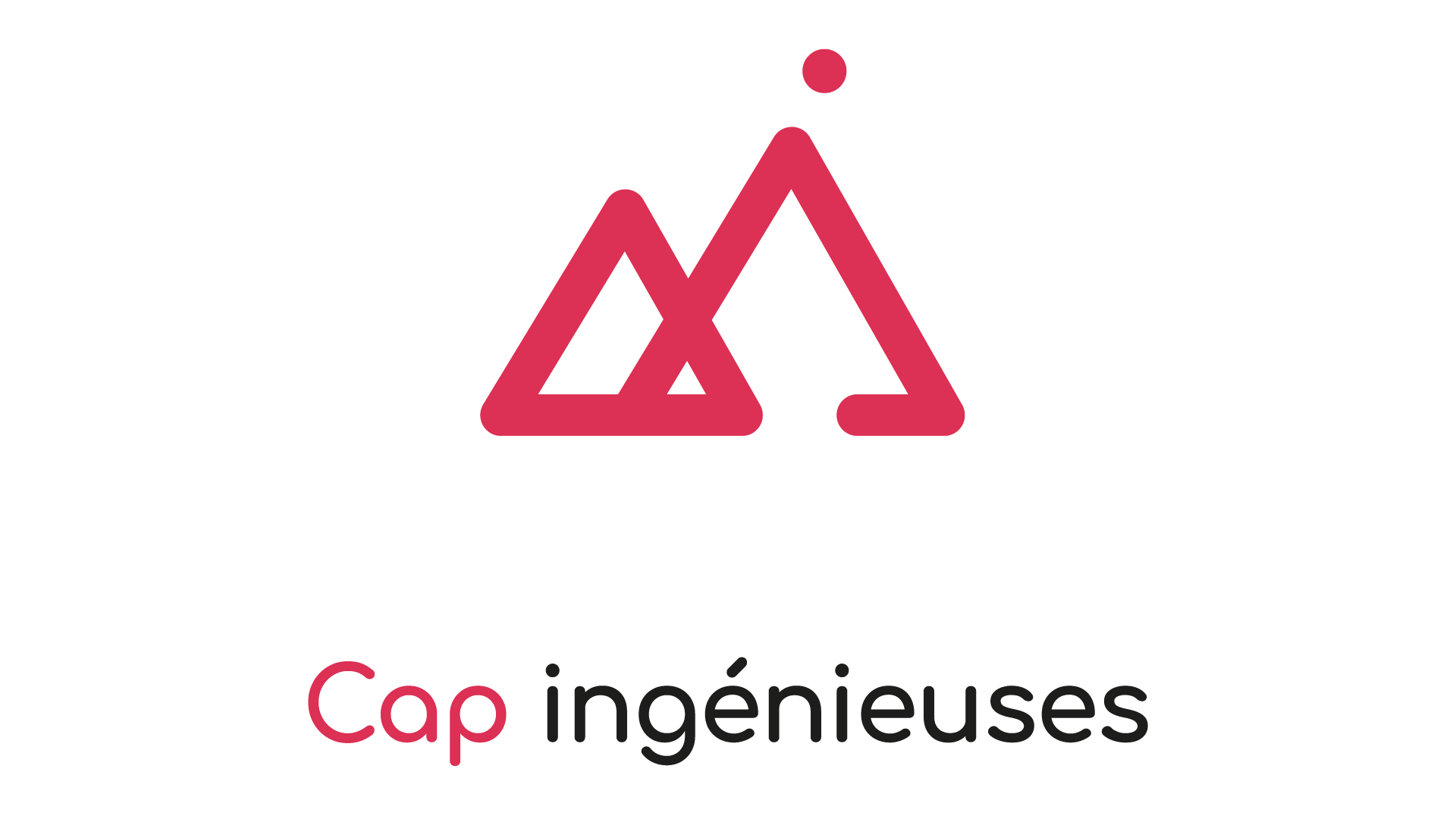EC0808SI0304 - ICTT (Information and Communication Technologies Trends)
Objectifs
Information and communications technology (ICT) is an extended term for information technology (IT) which stresses the role of unified communications and the integration of telecommunications (telephone lines and wireless signals), computers as well as necessary enterprise software, middleware, storage, and audio-visual systems, which enable users to access, store, transmit, and manipulate information.
In this lecture we provide to attendants a panoramic theoretical and applied overview on new trends in ICT especially used in manufacturing domain.
The course's objectives, formally defined here, are the following:
1) To get student excited about ICT
2) To familiarize student with the usage of ICT
3) To get student motivated about creating and using innovative ICT applications
Information and communications technology (ICT) is an extended term for information technology (IT) which stresses the role of unified communications and the integration of telecommunications (telephone lines and wireless signals), computers as well as necessary enterprise software, middleware, storage, and audio-visual systems, which enable users to access, store, transmit, and manipulate information.
In this lecture we provide to attendants a panoramic theoretical and applied overview on new trends in ICT especially used in manufacturing domain.
The course's objectives, formally defined here, are the following:
1) To get student excited about ICT
2) To familiarize student with the usage of ICT
3) To get student motivated about creating and using innovative ICT applications
Présentation
This lecture will show with the history of information technologies and then will focuses on three major aspects:
Computing infrastructure (Hardware, Software, Networks)
- Cloud Computing
- Distributed architectures
- Big data
- Internet, 4G, 5G
- Industrial engineering software (PLM, ERP, CRM, etc.)
Internet of Things
- RFID
- Bluetooth
- Wi-Fi
- ZigBee
Semantic Web technologies
- Ontologies
- NoSQL
- SPARQL
This lecture will show with the history of information technologies and then will focuses on three major aspects:
Computing infrastructure (Hardware, Software, Networks)
- Cloud Computing
- Distributed architectures
- Big data
- Internet, 4G, 5G
- Industrial engineering software (PLM, ERP, CRM, etc.)
Internet of Things
- RFID
- Bluetooth
- Wi-Fi
- ZigBee
Semantic Web technologies
- Ontologies
- NoSQL
- SPARQL
Pré-requis obligatoires
Analysis of Algorithms and Data Structures
Relational Data Bases
Analysis of Algorithms and Data Structures
Relational Data Bases
Examens
(1*DS1+1*PJ1)/2
DS1 : Devoir Surveillé 1
PJ1 : Projet 1
Syllabus
En bref
Langue d'enseignementFrançais
Contact(s)
Composante
ENI TARBES

